To nurture a future where AI is leveraged to the benefit of people and society, it is crucial to bring together a wide array of voices and viewpoints. With this goal in mind, we invited a constellation of experts, with specialties encompassing a broad spectrum—spanning the fields of business, economics, education, engineering, healthcare, history, law, mathematics, medicine, mental health, psychology, and the sciences—to explore the capabilities of GPT-4 before its public release and provide their insightful reflections in the form of essays. We offered three case studies to the contributors at the outset to inspire ideas and asked them to focus on two core questions:
How might this technology and its successors contribute to human flourishing?
How might we as society best guide the technology to achieve maximal benefits for humanity?
Reflections on AI and the future of human flourishing
By Eric Horvitz, Chief Scientific Officer, Microsoft
Recent advances in artificial intelligence have sparked both wonder and anxiety as we contemplate its transformative potential. AI holds enormous promise to enrich our lives, but this anticipation comes intertwined with apprehensions about the challenges and risks that may emerge.
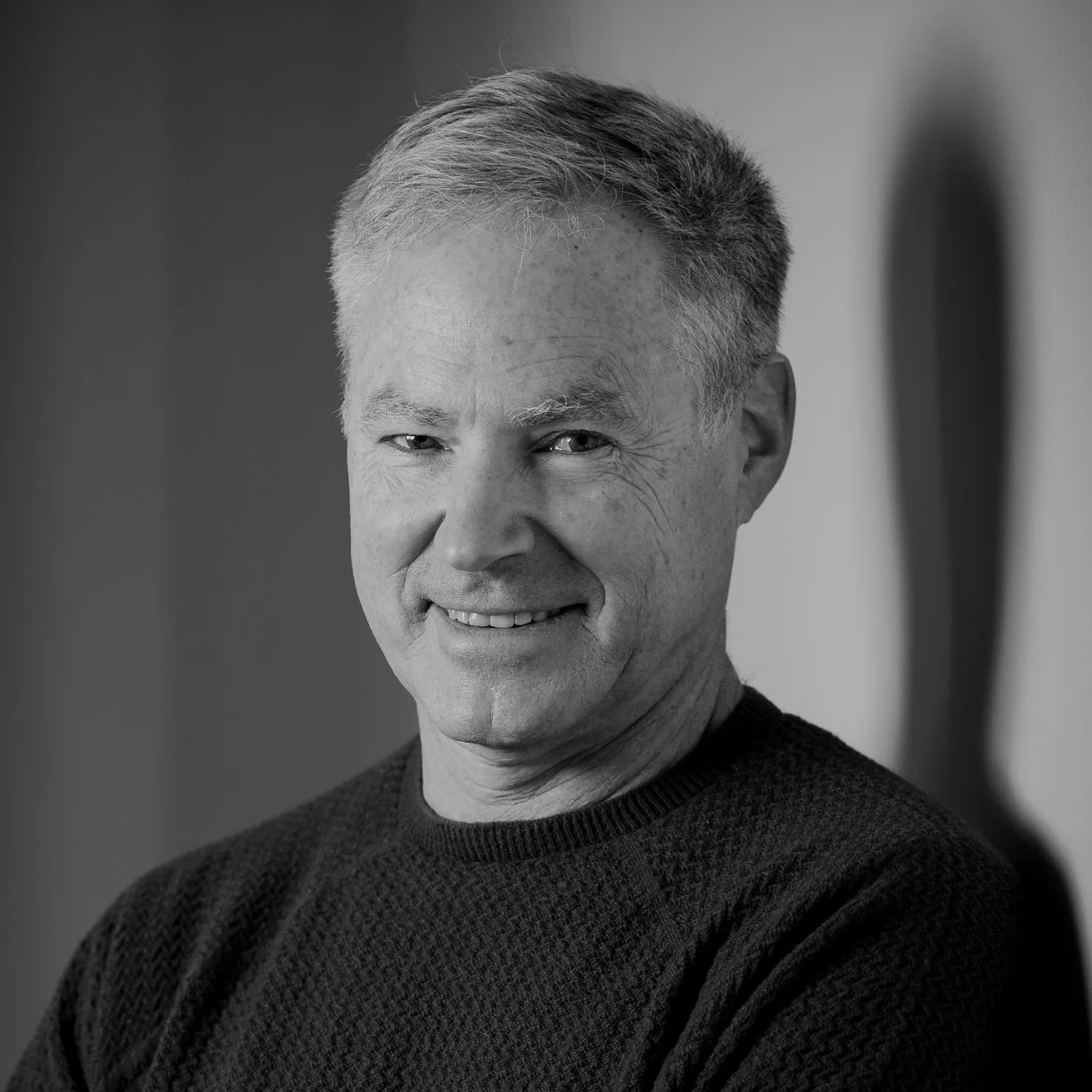
Business & Economics
-
Amplifying ethics
Colin Mayer, Emeritus Professor at the Blavatnik School of Government and the Said Business School at the University of Oxford, analyzes the importance of scrupulous decisions.
-
Ethical AI for Africa
Anzetse Were, a development economist with over 12 years of experience in research, advising, and strategy in Africa, expounds on the importance of ethical AI.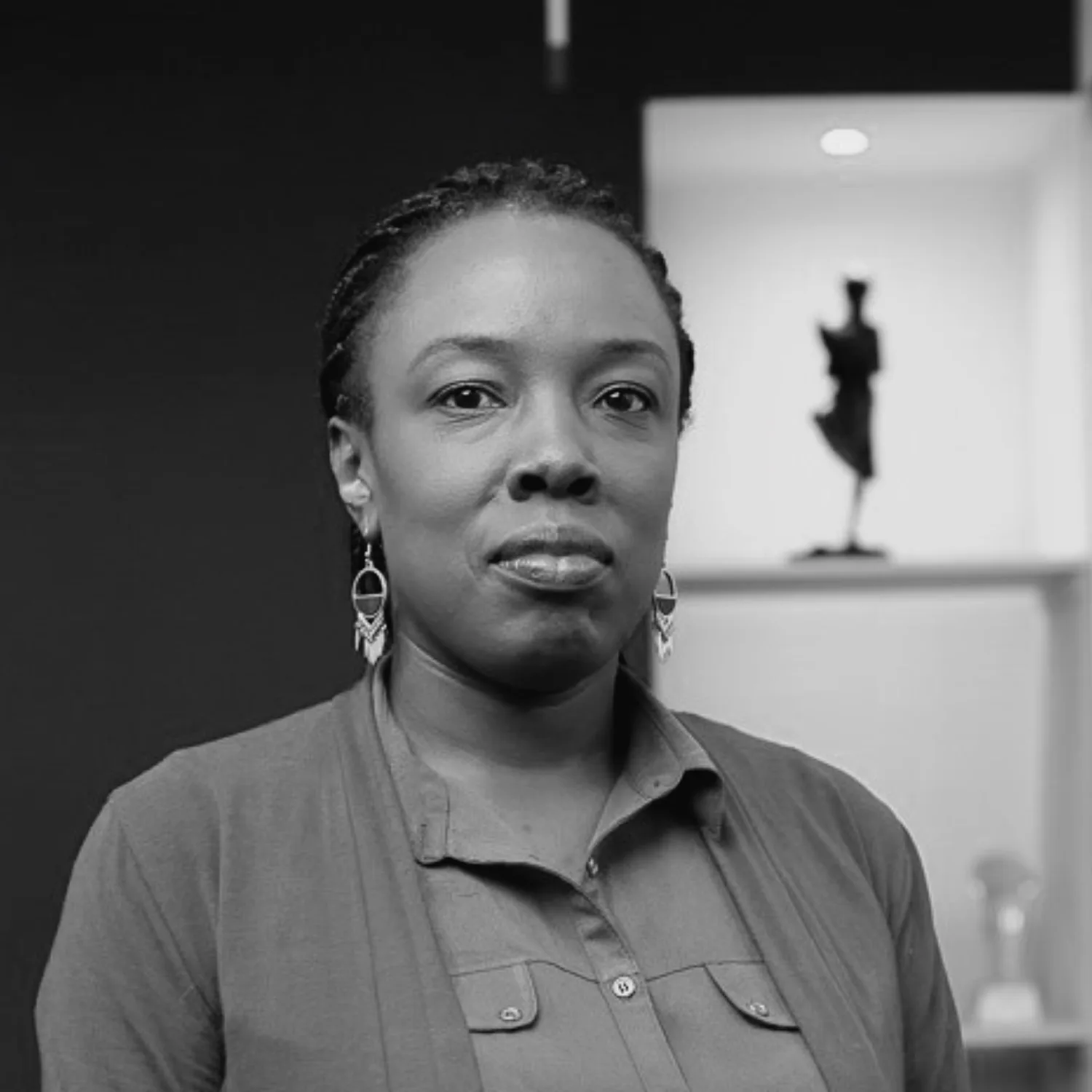
-
Ethical AI for Africa
Daron Acemoglu, Institute Professor at the Massachusetts Institute of Technology, realizes the need for human empowerment in tech.
Education & History
-
Cognitive engagement
Kristen DiCerbo, Chief Learning Officer at Khan Academy, explores how Al could help more students experience interactive learning.
-
A thinking evolution
Alec Gallimore, a rocket scientist and Dean of Engineering at the University of Michigan, gets curious about the odyssey of AI.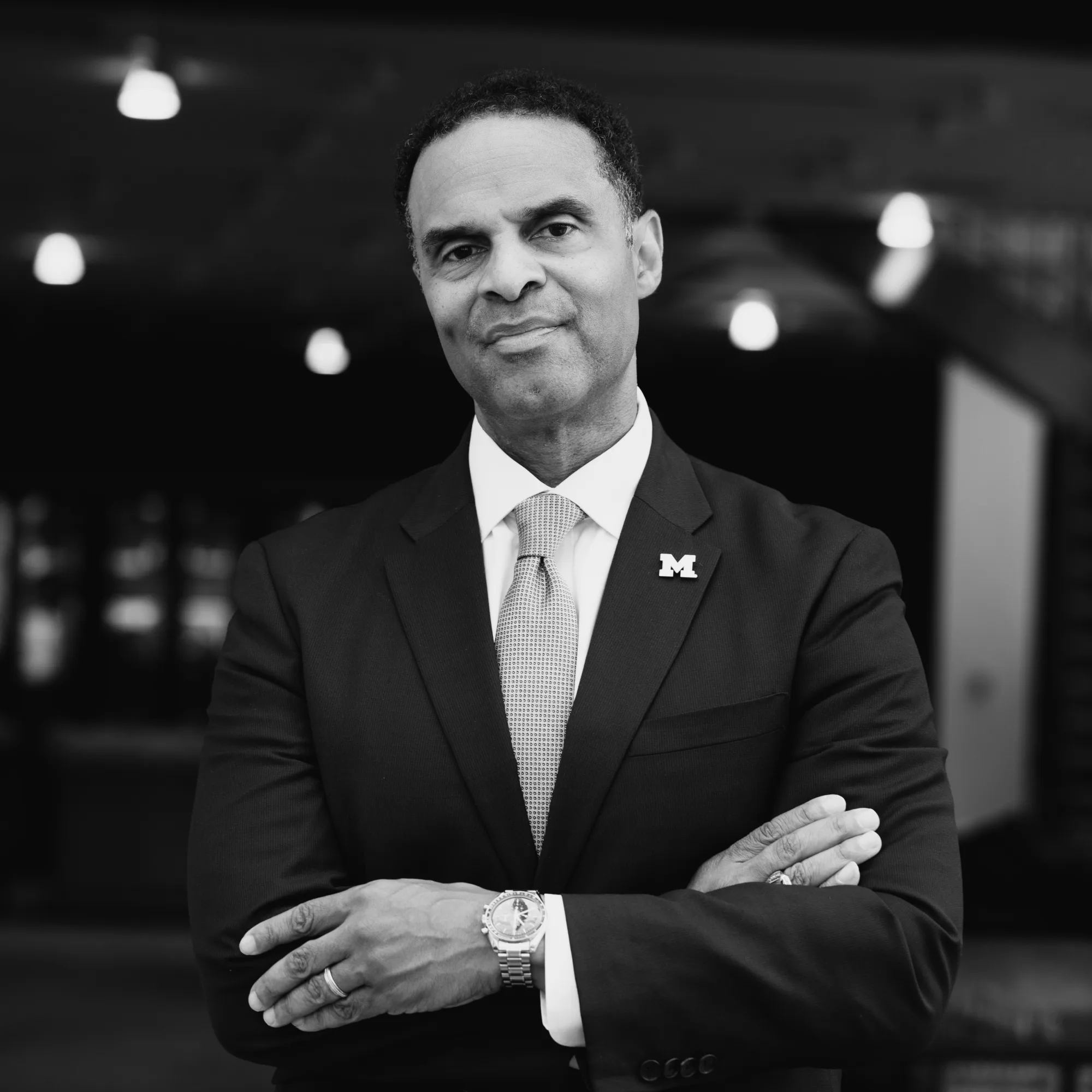
-
Empowering creation
Ada Palmer, Professor of History at University of Chicago, explores the possibilities of the information revolution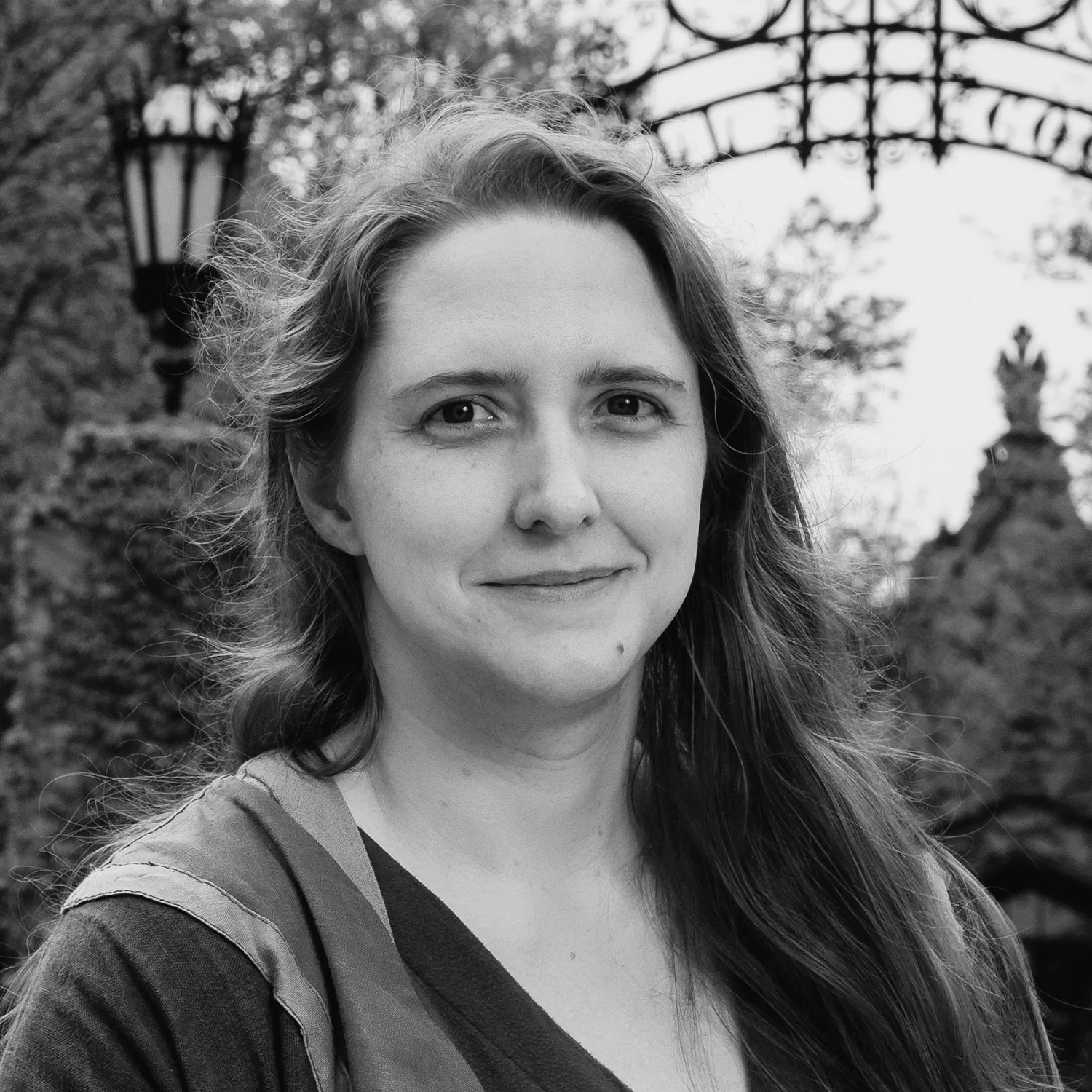
Engineering, Math & Science
-
Learning advantage
John Anderson, President of the National Academy of Engineering, recognizes the value of Al as an aid to student learning.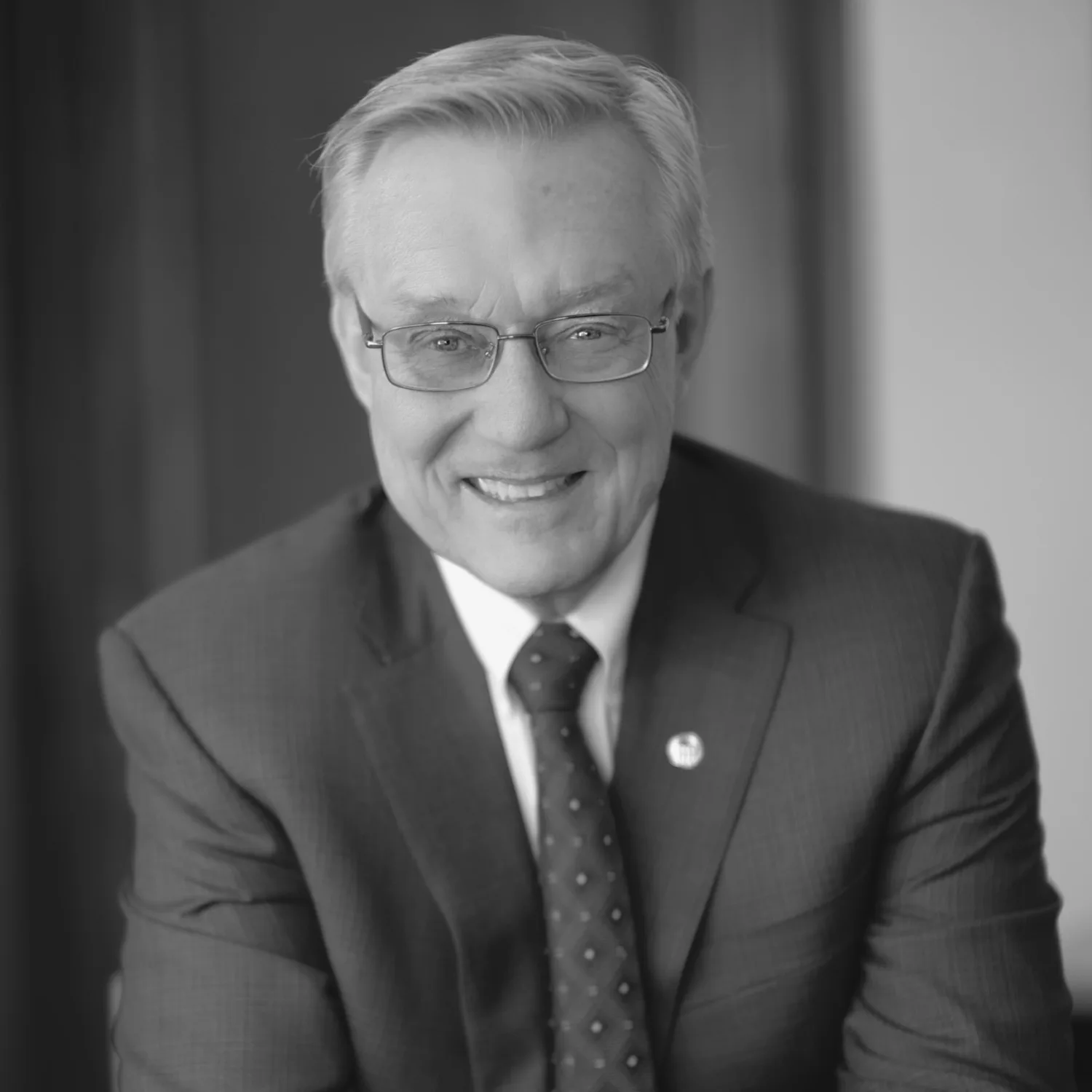
-
Precise translation
Terence Tao, Professor of Mathematics at University of California, Los Angeles, realizes the need for new skills when inputting human data and analyzing AI-generated outputs.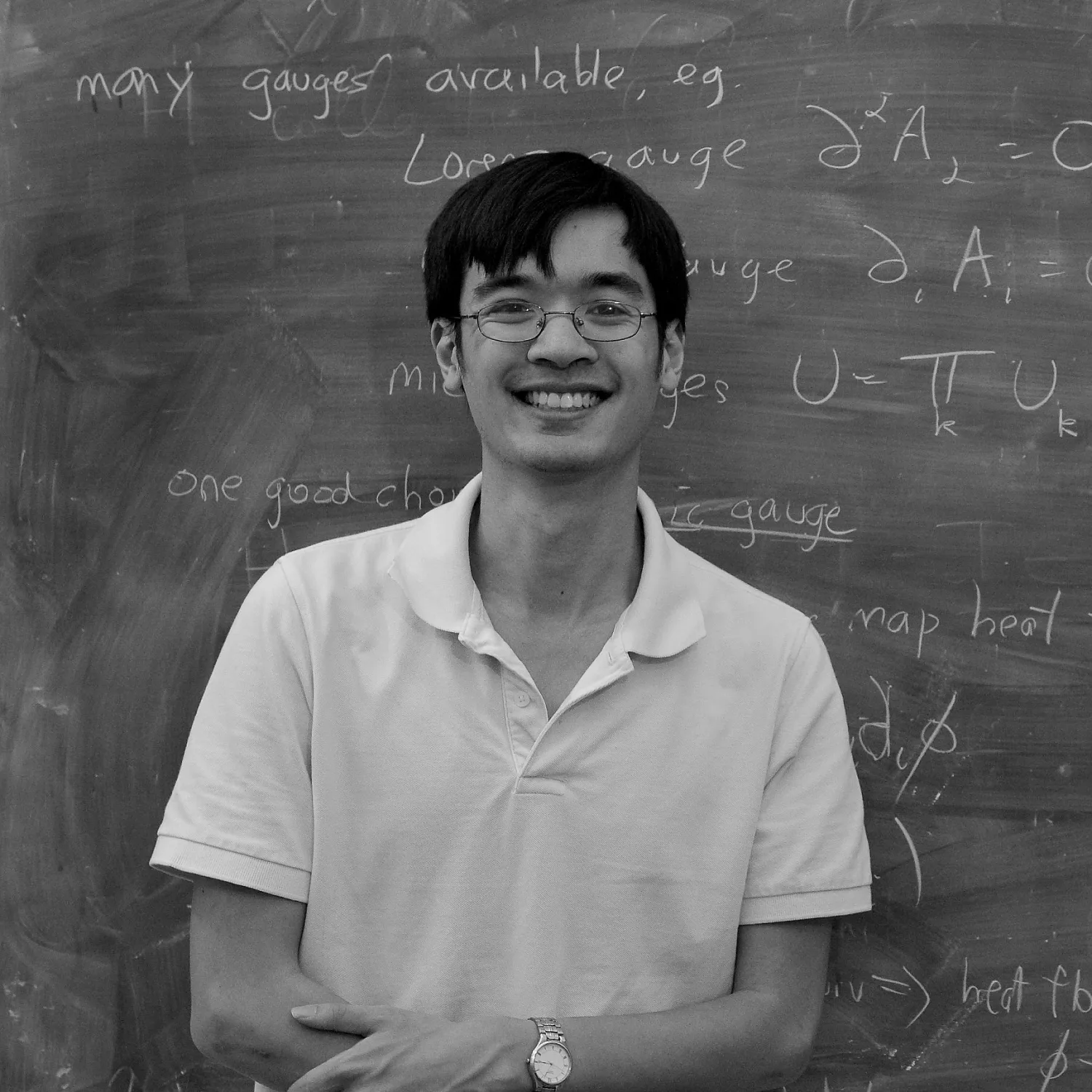
-
Infinite possibilities
Marcia McNutt, geophysicist and 22nd President of the National Academy of Sciences, uncovers the promising potential of AI for research and education.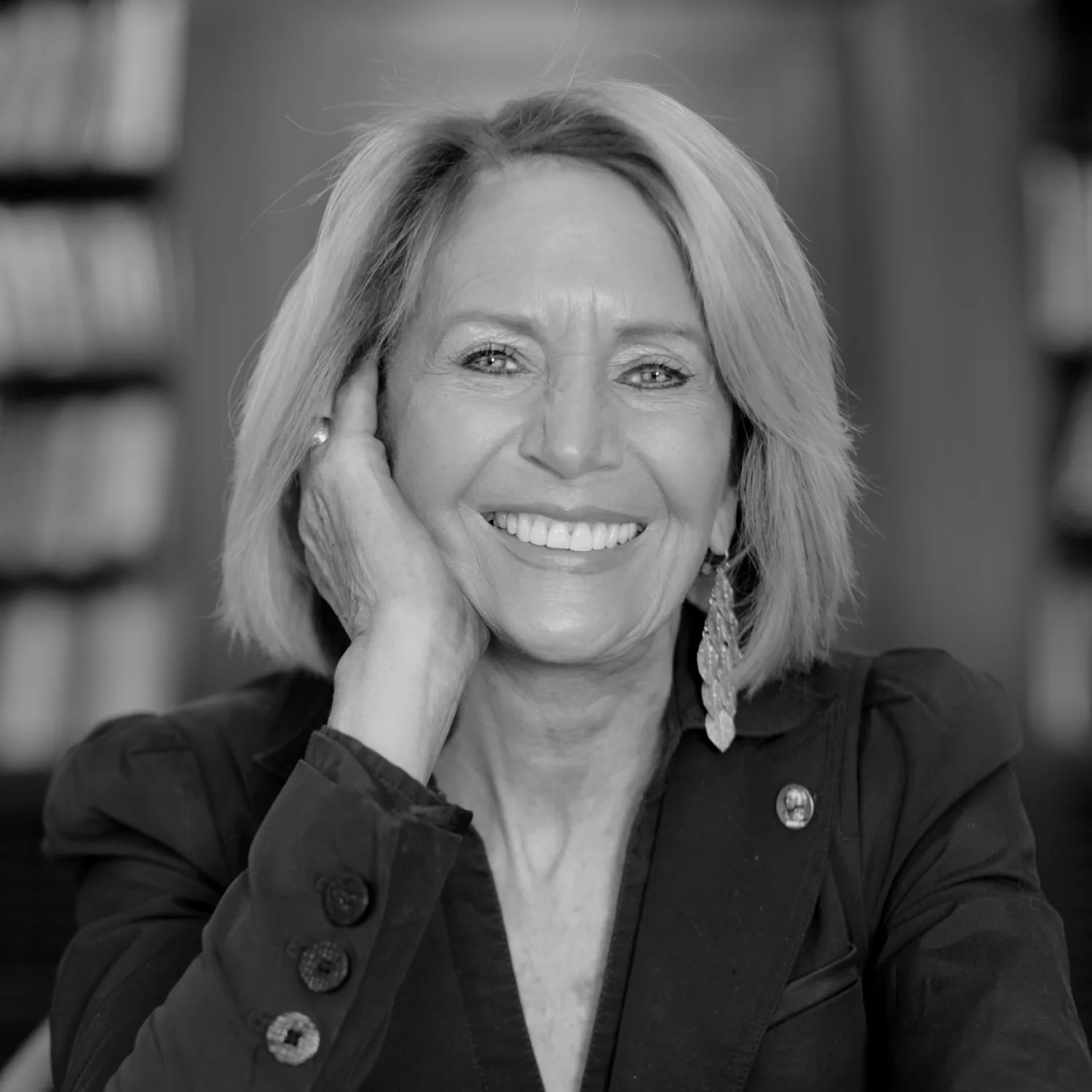
-
Reinventing deliberation
Saul Perlmutter, Nobel Laureate and physics professor at University of California, Berkeley, elaborates on societal deliberation and the advantages of pro-social AI training.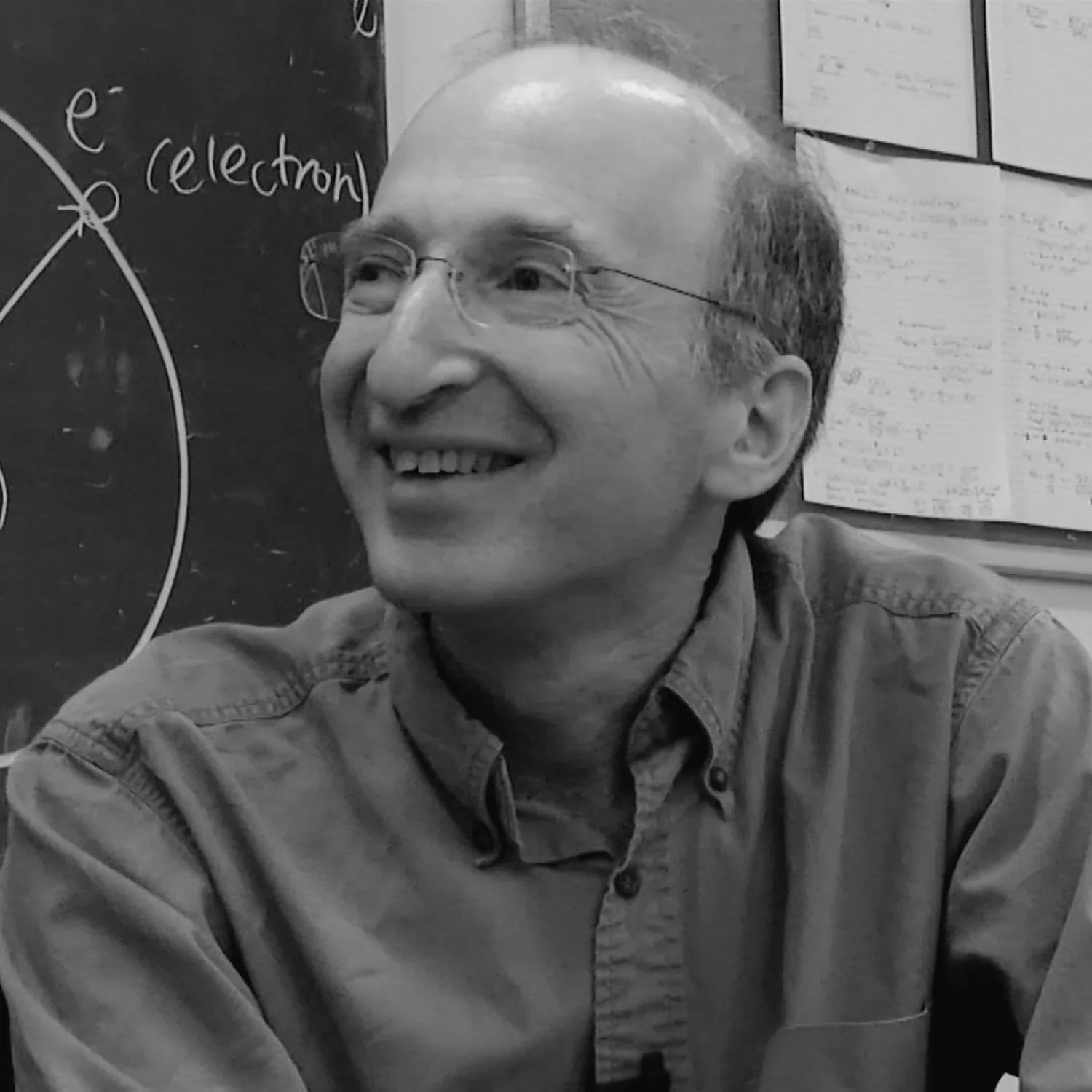
Healthcare
-
Power to transform
Yaa Kumah-Crystal, biomedical informatics and pediatric endocrinology professor at Vanderbilt University Medical Center, reveals how Al tools have the potential to become valuable health allies.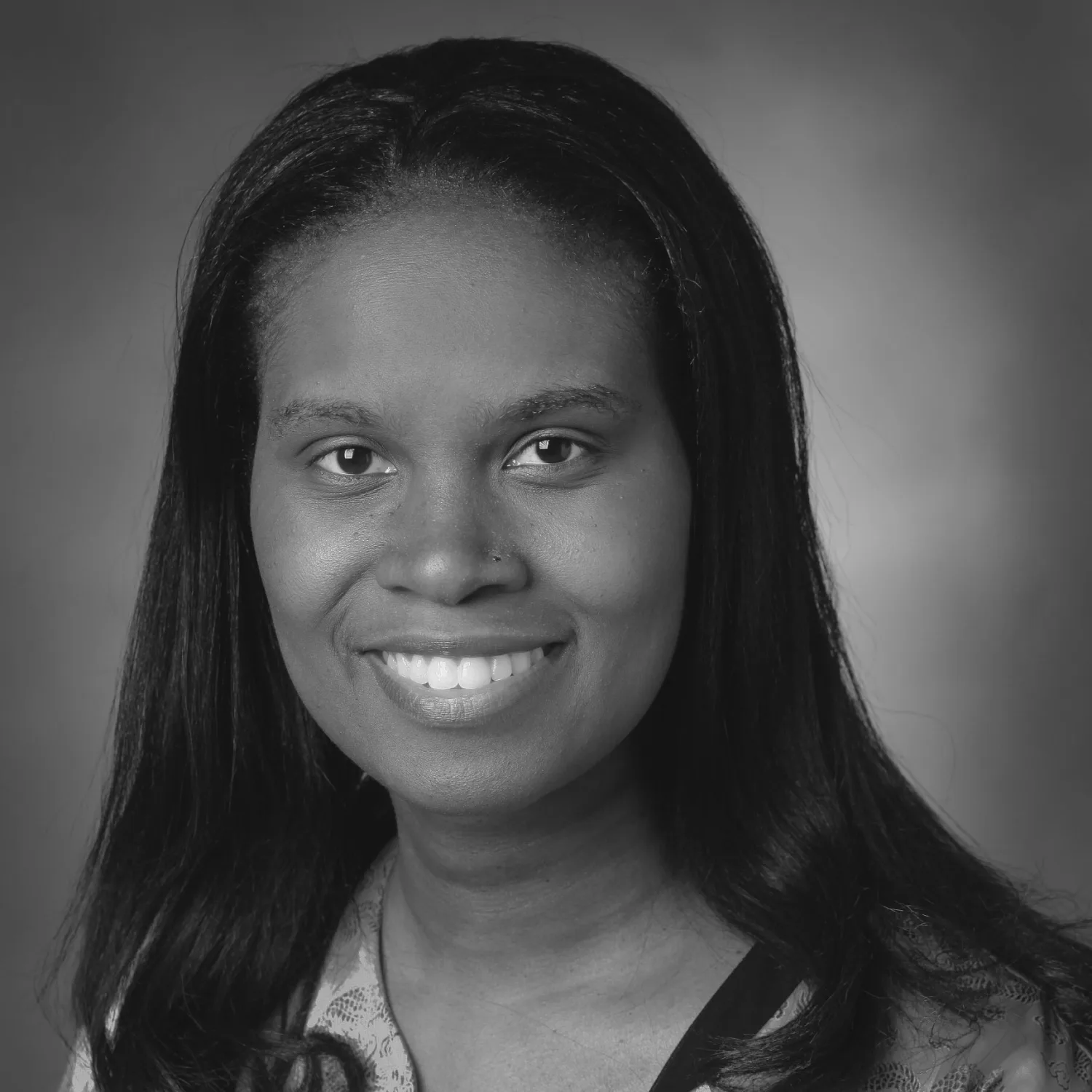
-
Global health equity
Trevor Mundel, President of Global Health, the Bill & Melinda Gates Foundation, speaks to AI’s potential in shrinking global health and development inequity.
-
Enabling human connection
Natalie Pageler, Chief Medical Information Officer at Stanford Medicine Children’s Health, considers the ways AI could enhance or diminish humanistic care.
-
Accessible healthcare
Robert Wachter, Chair of the Department of Medicine at the University of California, San Francisco, examines how AI could reshape clinical care.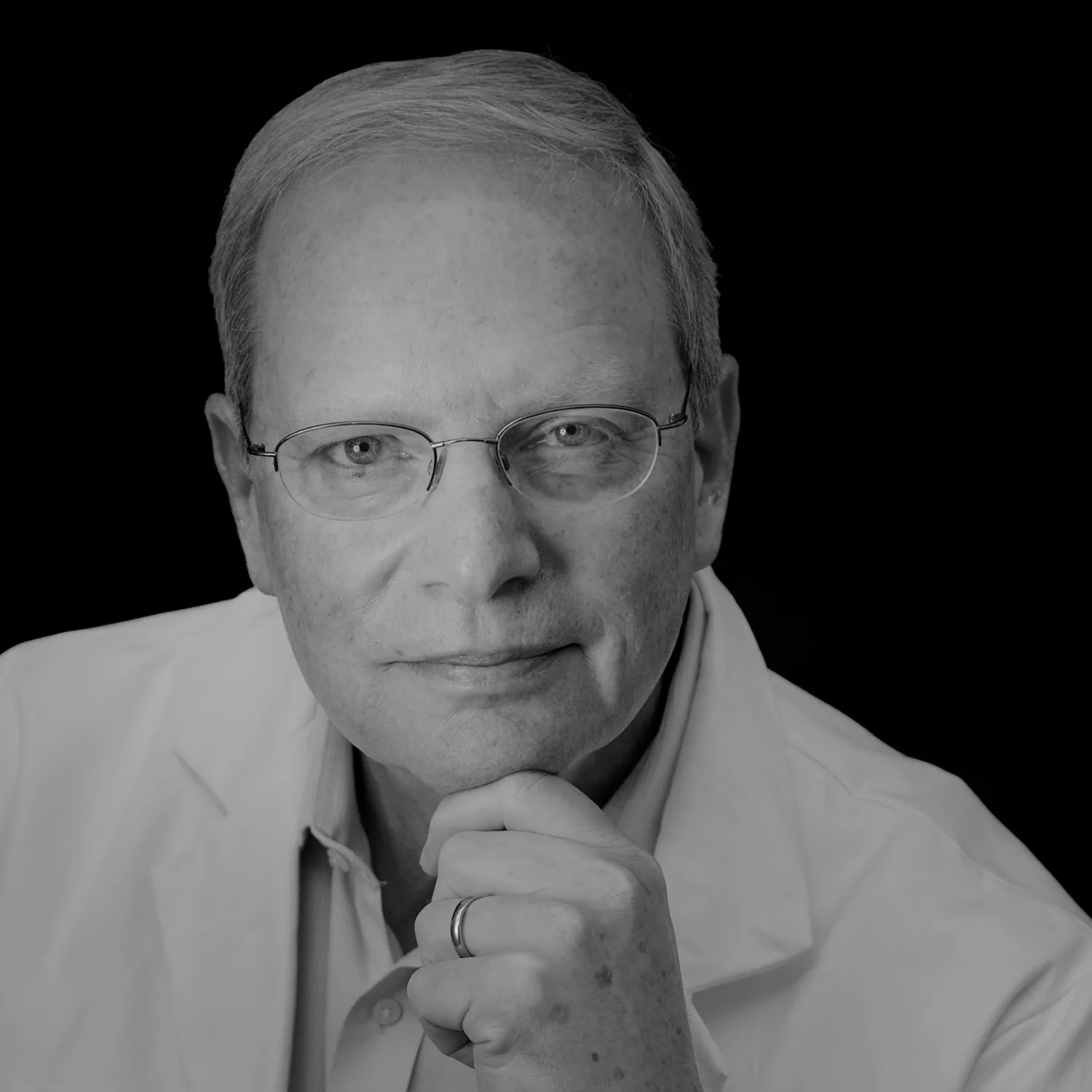
Law
-
Overcoming barriers
Tino Cuéllar, tenth president of the Carnegie Endowment for International Peace and former justice of the Supreme Court of California, expounds on the remarkable abilities of generative AI and how it could reshape who we become.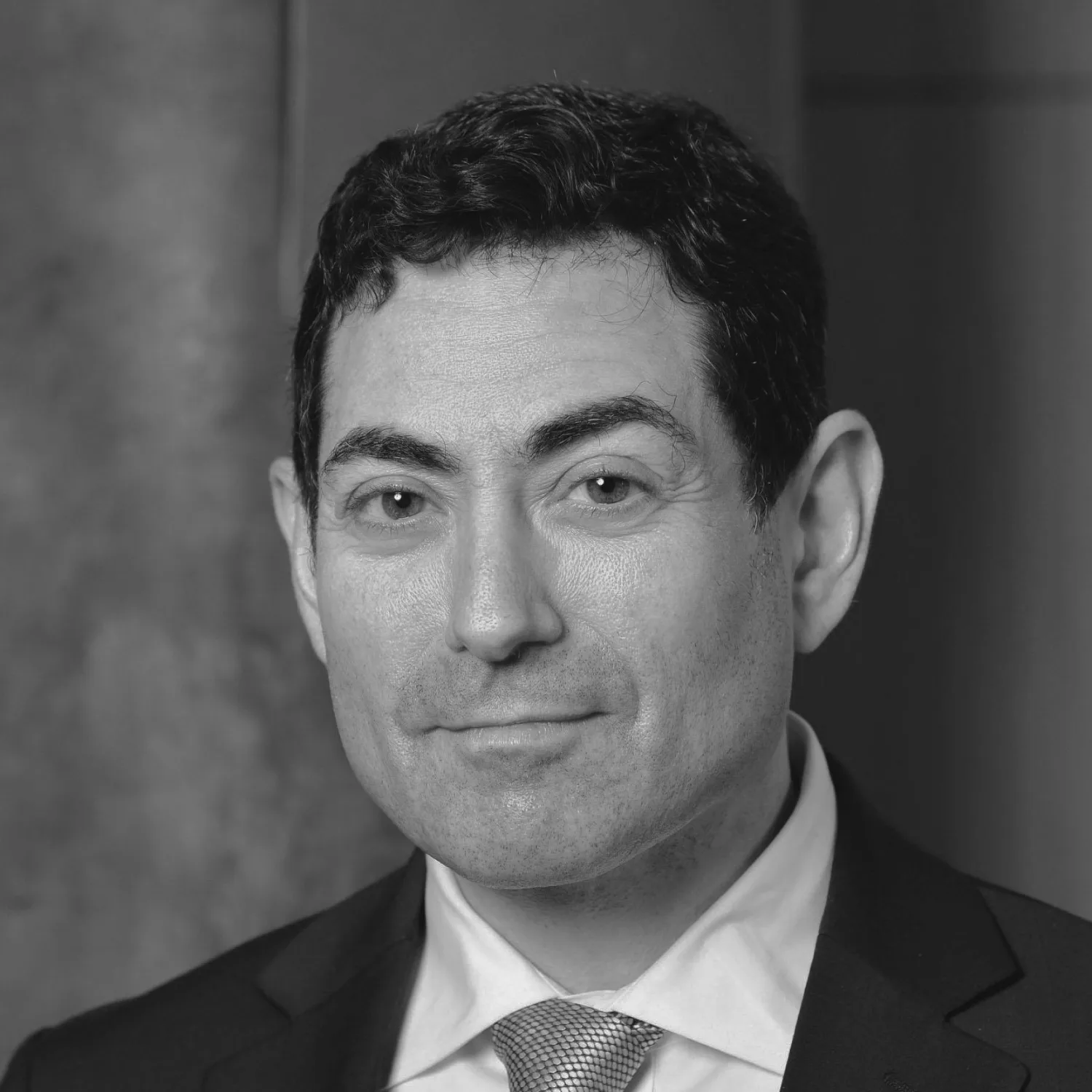
-
Cultivating cognitive liberty
Nita Farahany, Professor of Law and Philosophy at Duke University, considers how we can embrace cognitive liberty for human flourishing in this digital age.
-
Eradicating inequality
Gillian Hadfield, Professor of Law and Economics at the University of Toronto, champions legal access for all.
Mental Health & Wellbeing
-
Telehealth-2.0 revolution
Tom Insel, psychiatrist and neuroscientist, reviews different ways Al could improve the safety and efficacy of mental healthcare and offer patients better support.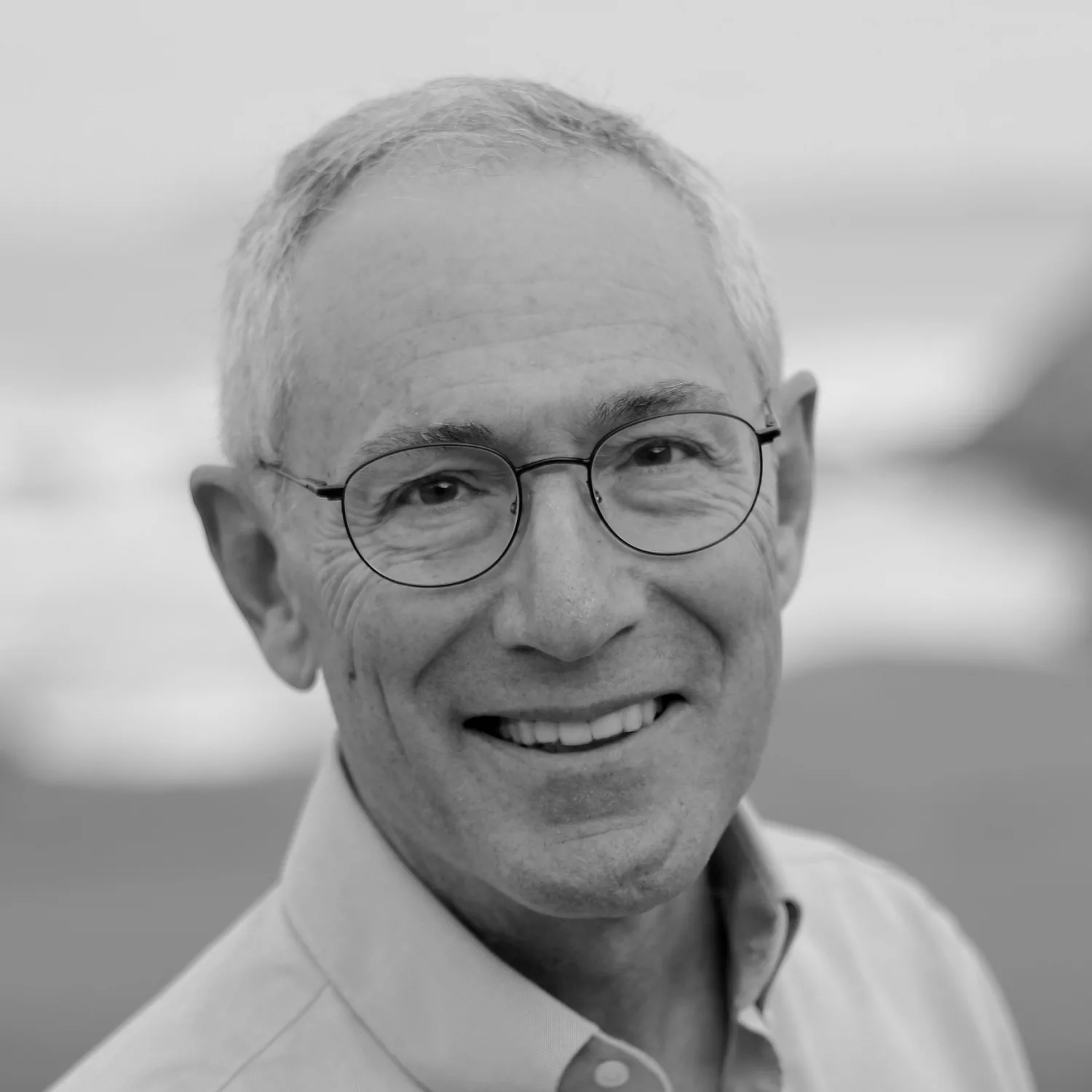
-
Encouraging positivity
Sonja Lyubomirsky, Distinguished Professor of Psychology, University of California, Riverside, examines the various ways AI could promote human connection or harm it.
-
Language of friendship
James Pennebaker, Professor Emeritus of Psychology at the University of Texas at Austin, gets inquisitive about AI as a valued friend capable of sharing and understanding.




